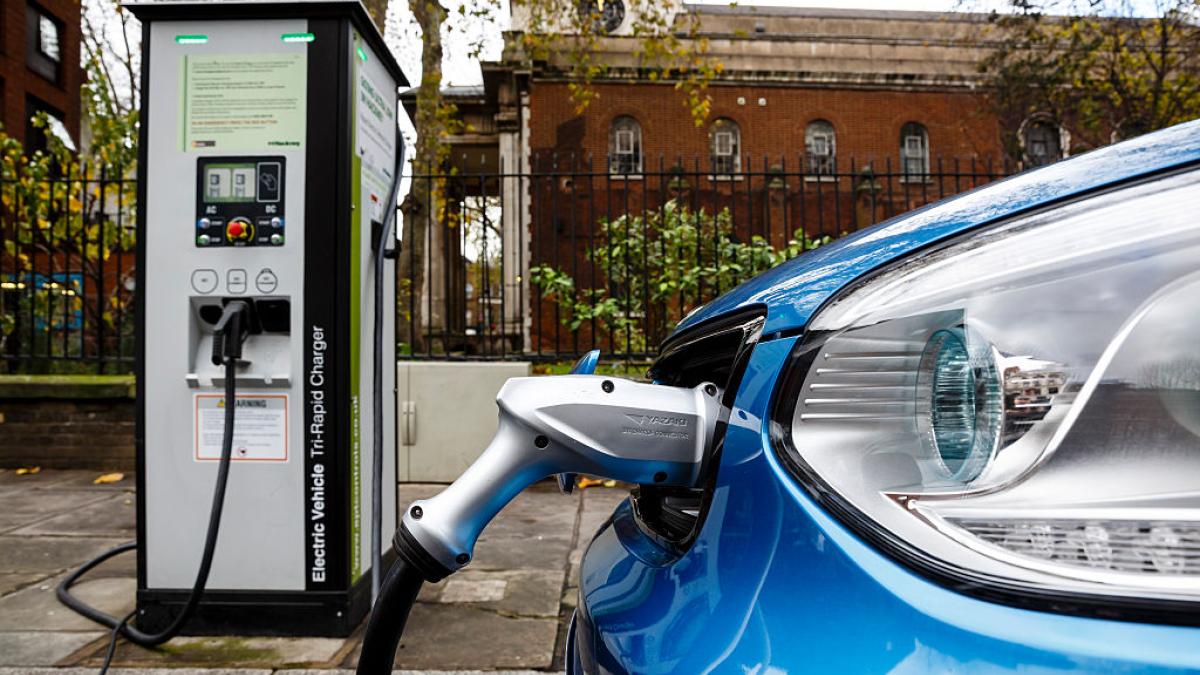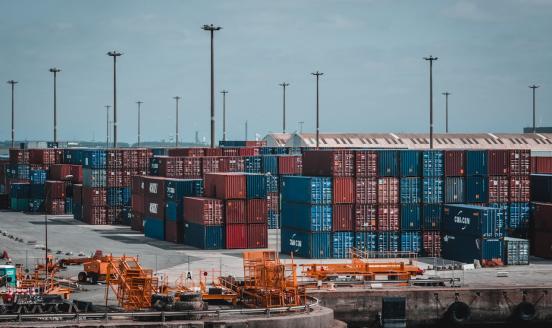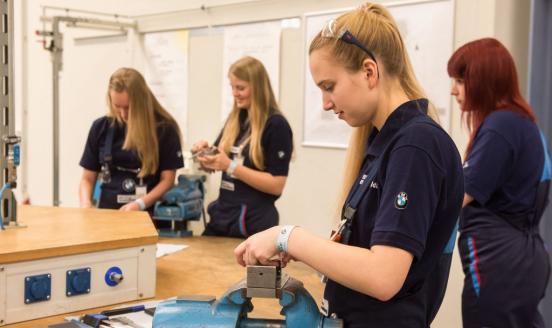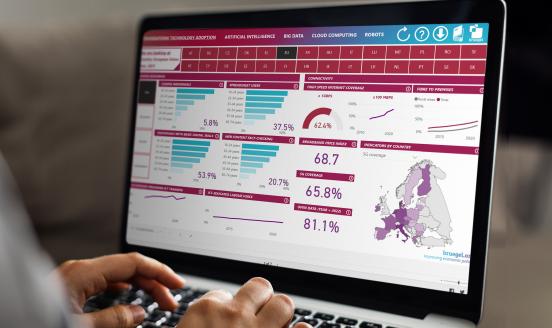Making industrial policy work: a case study on the European Battery Alliance Academy
Efforts to address skilled-labour shortages in the battery sector can provide lessons to other areas of EU industrial policy.

The transition from cars powered by the internal combustion engine to vehicles powered by electric batteries implies a fundamental shift in the types of skills required by the automotive industry. However, the industry faces significant problems in finding suitable workers. Surveys show that the lack of skilled labour is seen by firms as a problem of similar magnitude to high energy costs. Against the background a general skills shortage in the European Union, the shortage of skilled labour represents a major impediment to the development of a European battery industry.
The European Battery Alliance Academy is the main component of the EU’s strategy for tackling this problem. It develops training courses and materials to assist local training providers, and serves as a blueprint for skills policies in other industries. However, given the scale of the challenge, it represents more a symbolic than a substantive answer to the challenge.
More should be done. The limited powers of the EU in labour market policies hold up a union-wide solution. In the short term, the training programmes developed by the European Battery Alliance Academy* could more explicitly target demographics that are underserved by private training providers. In the medium term, the EU should rethink its labour market competences in order to develop a social pillar to underpin the European green transition.
*The academy was rebranded in early 2023 to become the storage component of the wider InnoEnergy Skills Institute. For clarity and ease, we refer to it as the EBA Academy in this paper.
This was produced within the project "Future of Work and Inclusive Growth in Europe" with the financial support of the Mastercard Center for Inclusive Growth.



